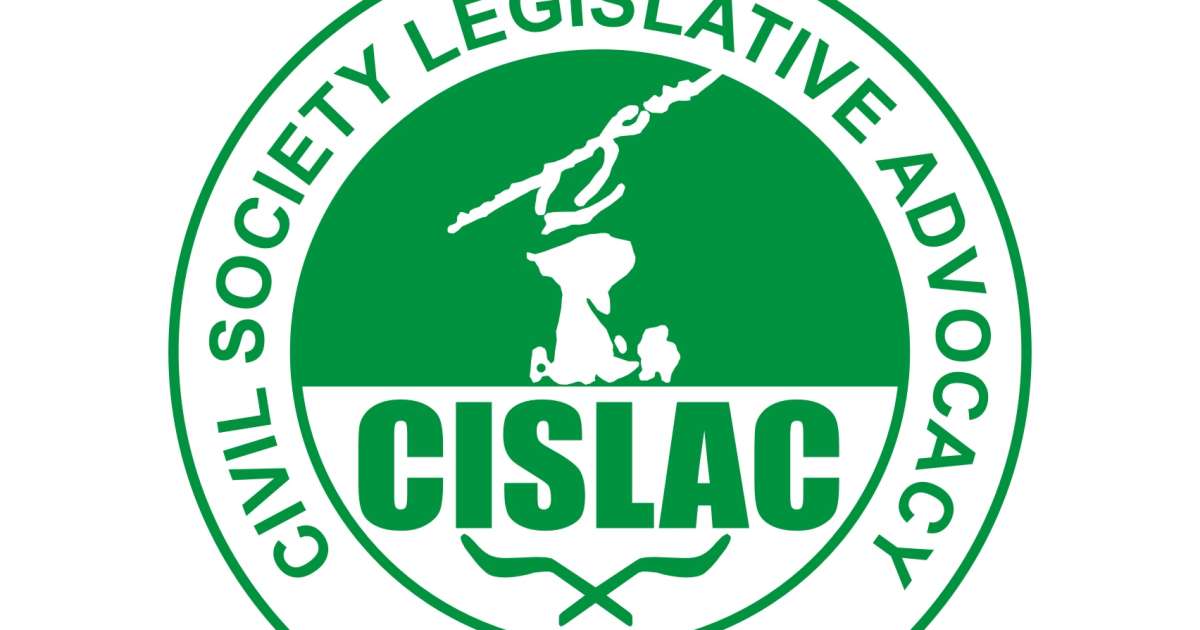The Civil Society Legislative Advocacy Centre (CISLAC) has said that Nigeria recovered only over $5bn in the last 25 years in assest recovery.
Executive Director of CISLAC, Mallam Auwal Musa Rafsanjani, said this on Tuesday in Abuja during the launch on six assessments of national implementation of the Common African Position on Asset Recovery (CAPAR).
He noted that Nigeria has significantly contributed to asset recovery challenges in Africa and the West African sub region.
He said the country has established alliances with other nations, to guarantee a unified African effort to retrieve and repatriate assets to the continent.
The CISLAC boss said there is still more work to be done in terms of engaging citizens and civil society, particularly considering the absence of frameworks such as whistleblower protection channels that will enable citizens to disclose issues related to corruption appropriately.
“While there has been improvement, it is crucial to note that adequate management of these recovered assets is still required, and this has proven to be a significant problem.
“Though there has been improvement, it is crucial to note that adequate management of recovered assets is still required and this can be done through effective implementation of the provisions of the Proceeds of Crime (Recovery and Management) Act, 2022,” Rafsanjani said.
He urged government to enhance engagements with citizens and civil society, enactment of a Whistleblower Blower Protection legal frameworks as well as other whistle blower protection channels, amongst others.
An anti-corruption expert Vaclav Prusa, who anchored the report, Mr Vaclav Prusa, said, “Over the past 25 years, Nigeria has recovered more than $5 billion in stolen assets, including significant sums returned from Switzerland and the United States. Some notable cases include the Abacha assets, where hundreds of millions of dollars looted by former military ruler Sani Abacha were repatriated after decades of international negotiations.
“The Common African Position on Asset Recovery (CAPAR) is a milestone in the African Union’s approach to the recovery of assets stolen from the continent. It sets out international, regional and national recommendations to enhance asset recovery.”
He, however, noted that the management process remains fragmented, with insufficient coordination among agencies involved in asset recovery.

 Join Daily Trust WhatsApp Community For Quick Access To News and Happenings Around You.
Join Daily Trust WhatsApp Community For Quick Access To News and Happenings Around You.


